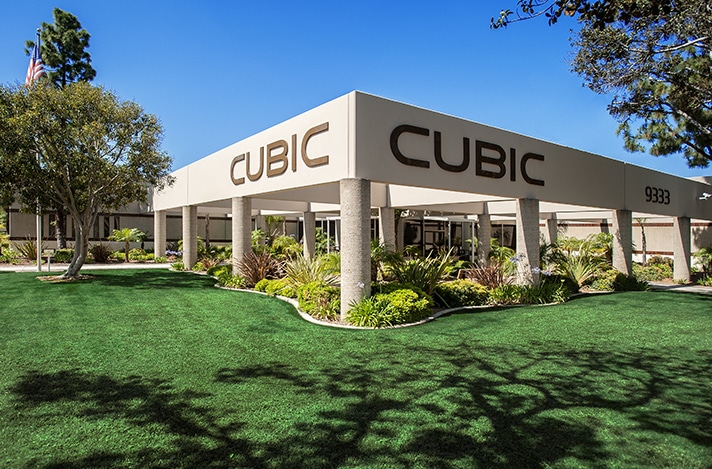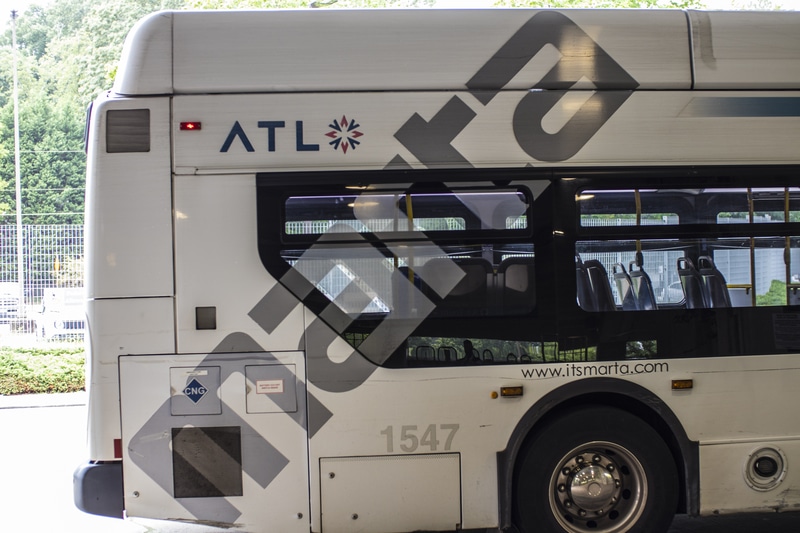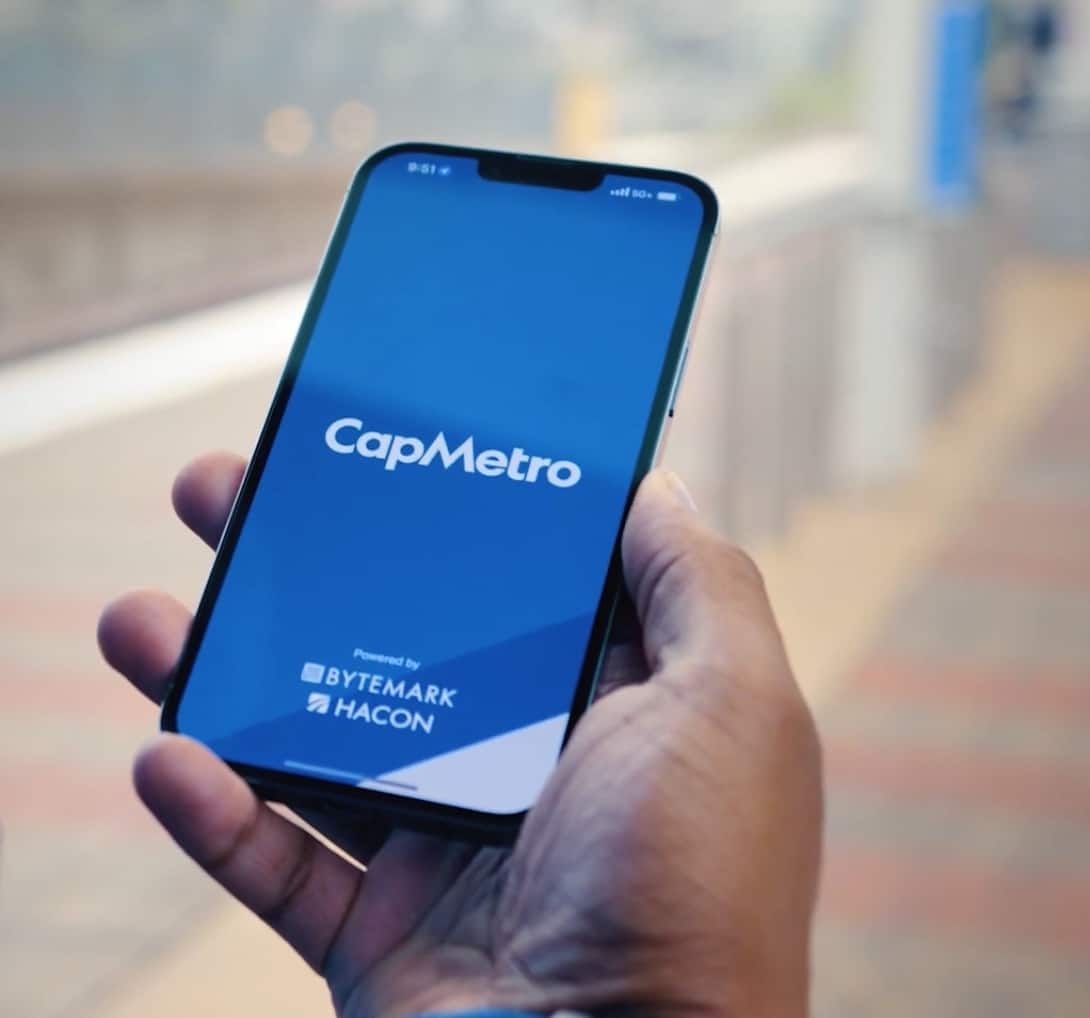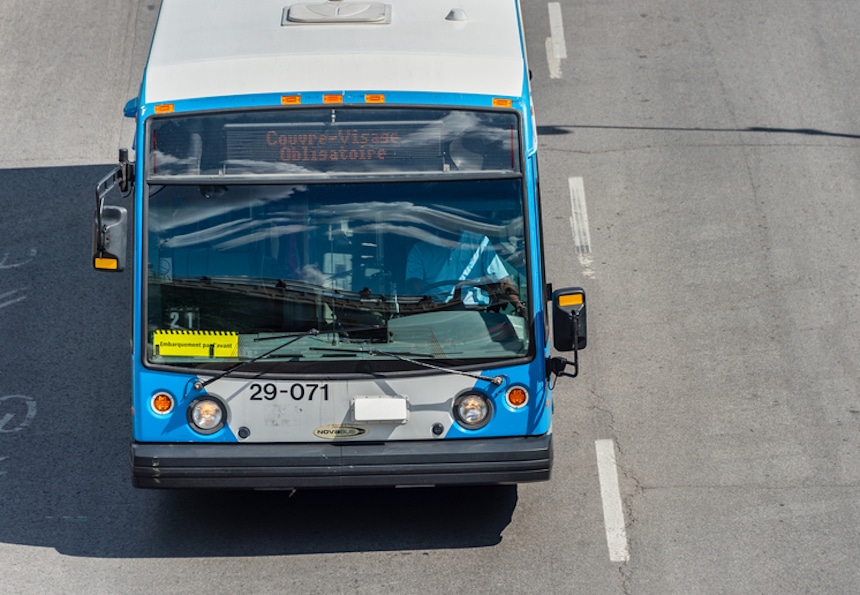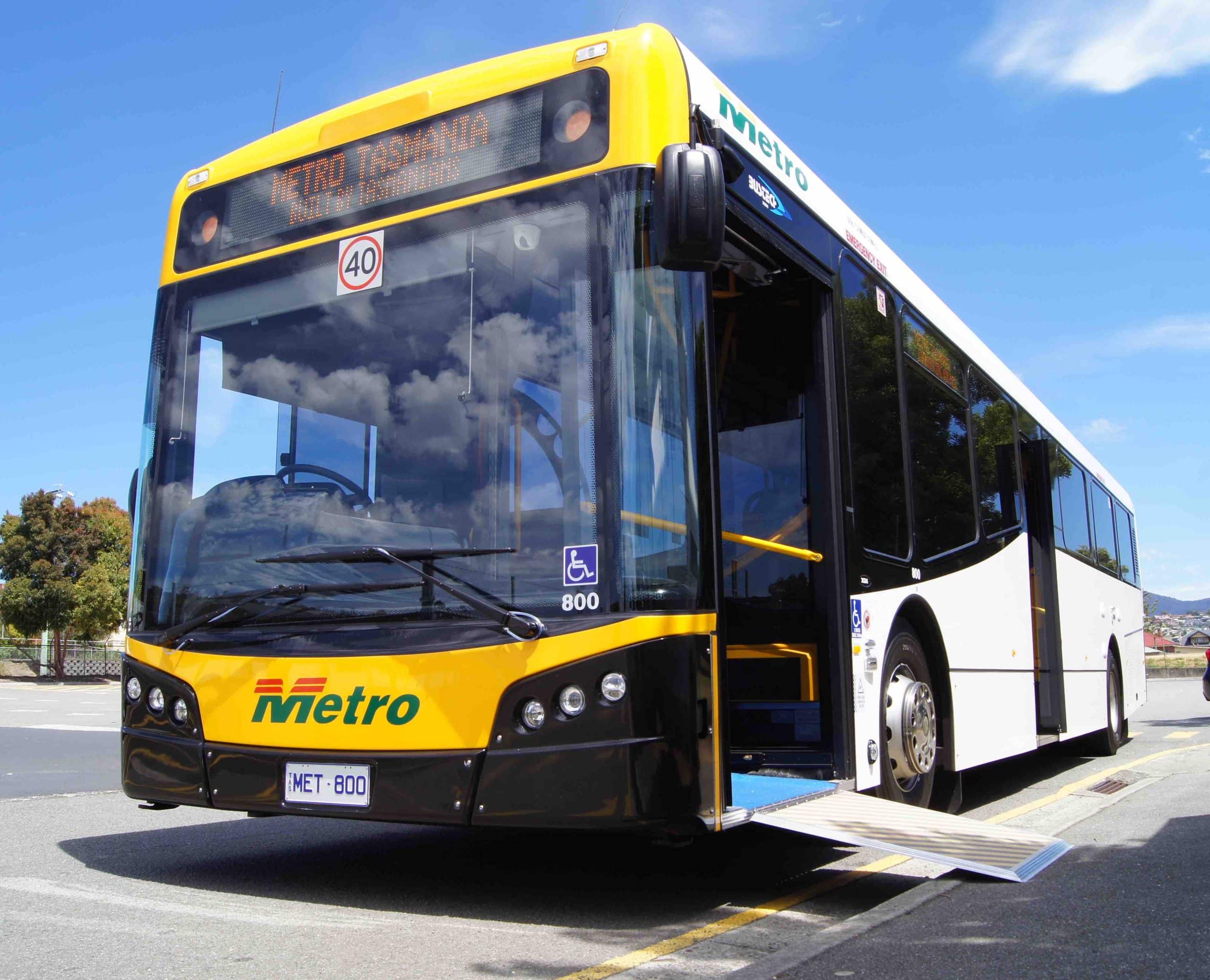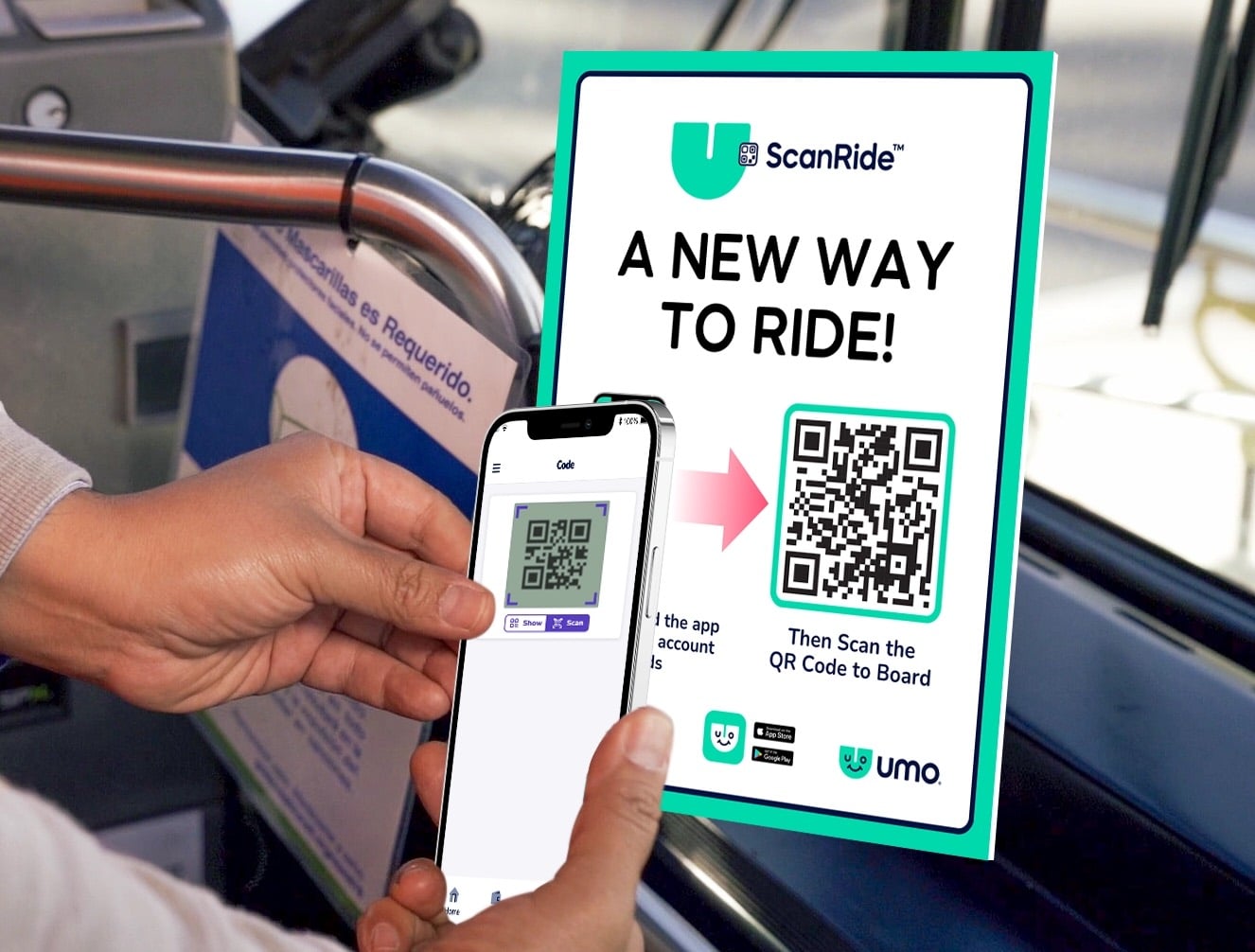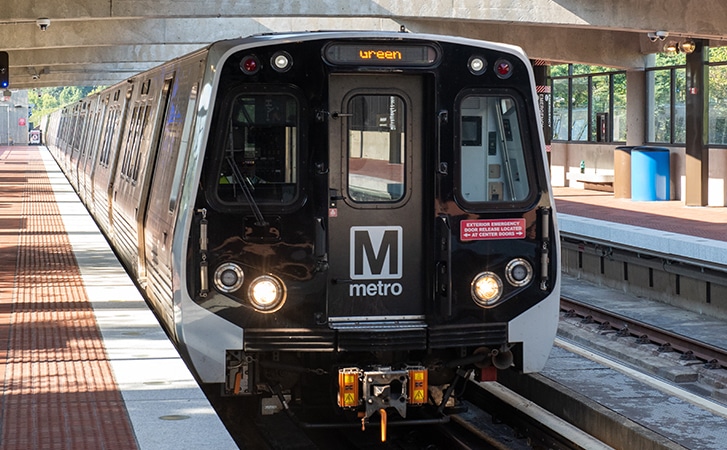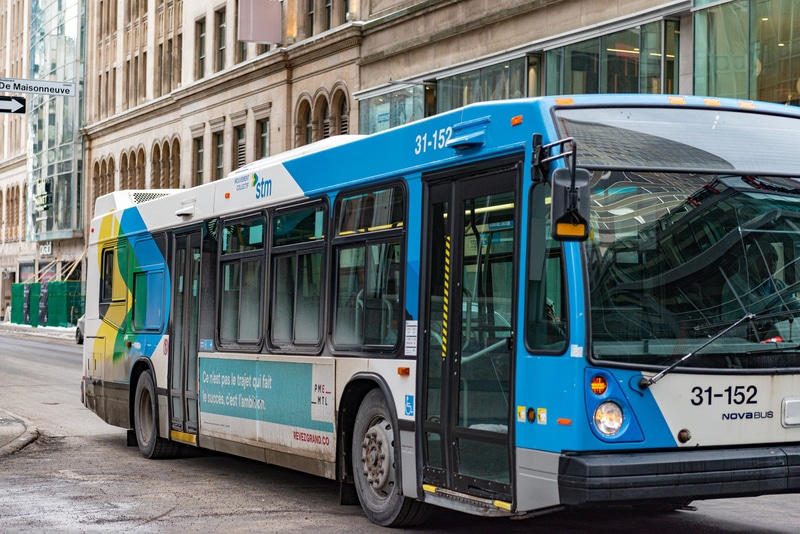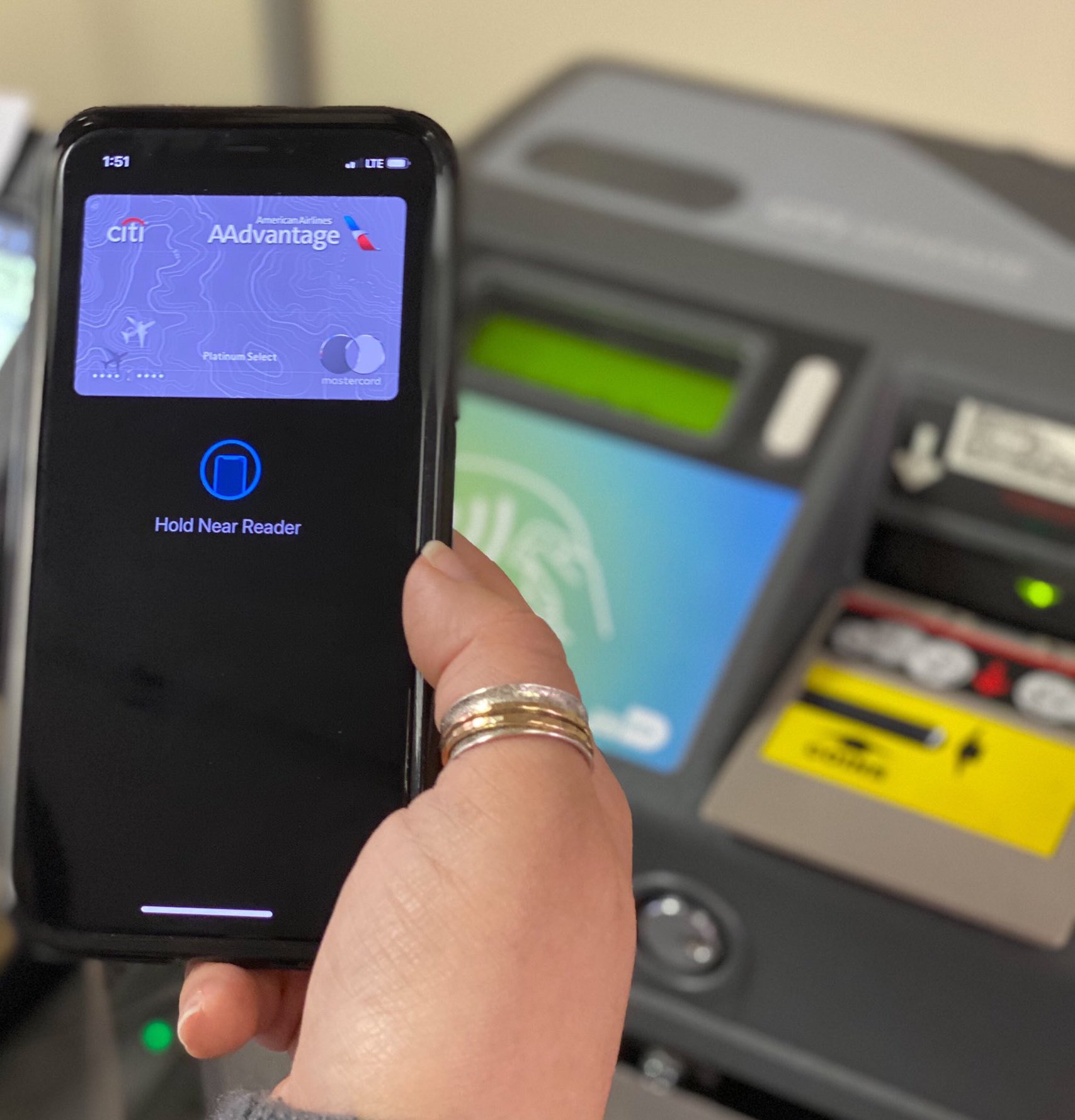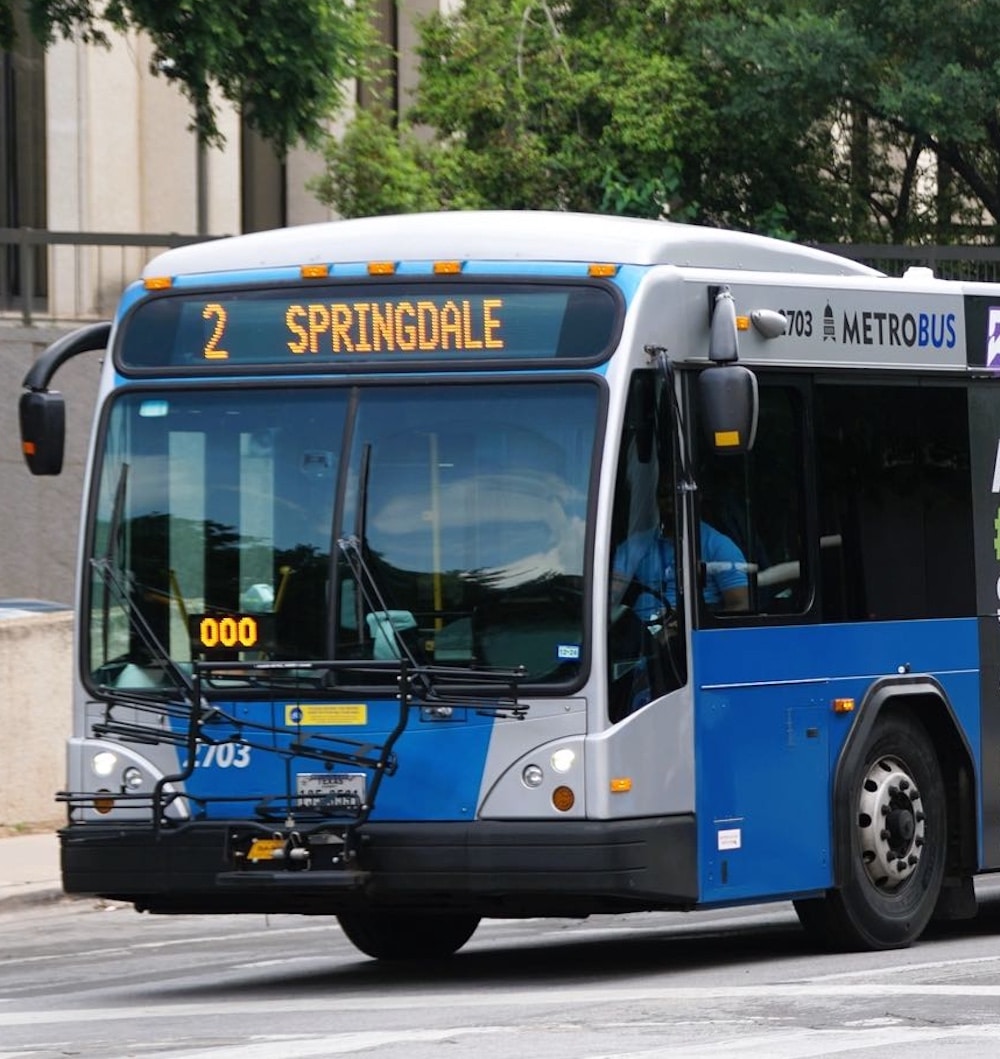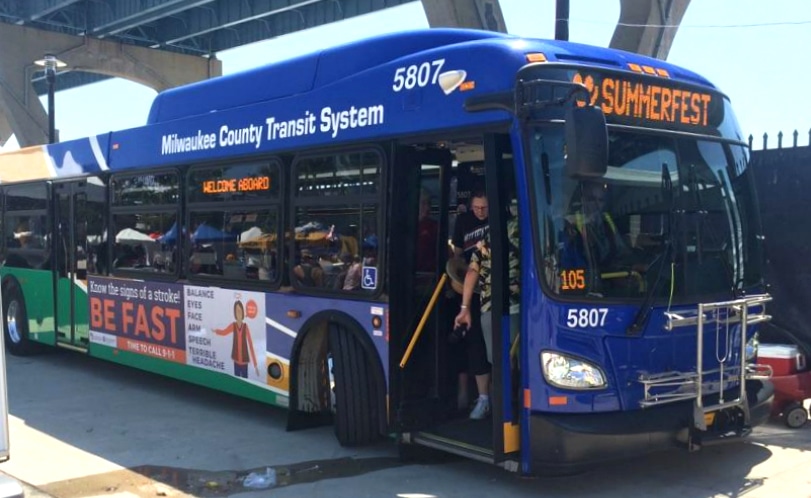
Article Highlights
The Milwaukee County Transit System is planning to launch a new fare-collection system this fall using Cubic Transportation Systems Umo Mobility platform.
According to Cubic’s contract with Milwaukee Transportation Services, the operator of MCTS and the agency’s procurement arm, Cubic plans to charge the agency $0.035 per transaction for the first 600,000 transactions in a given month, then $0.025 for transaction numbers between 600,001 and 1.5 million and $0.02 for transactions above 1.5 million.
• MCTS (Milwaukee)
• Cubic
The Milwaukee County Transit System today announced its plans to launch its new fare-collection system using the Umo Mobility platform from Cubic Transportation Systems in the fall. The system will support mobile fare payments and closed-loop contactless cards, as well as open-loop payments, though it’s not clear when the open-loop service will actually launch.








